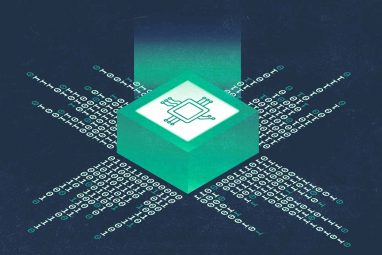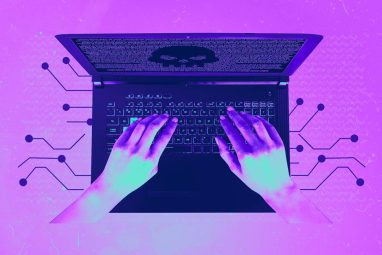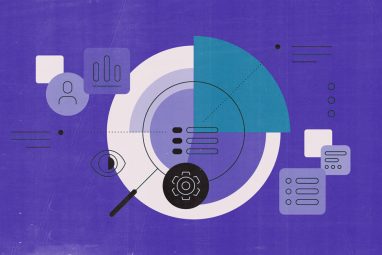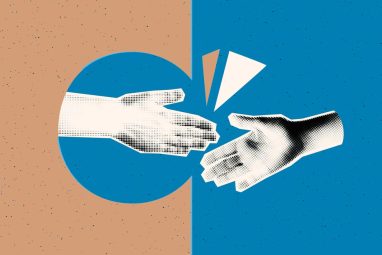Bengaluru Tech Summit Opens With Focus on AI, Deep Tech and Startups
The 2025 edition features over 1,200 exhibitors across AI, deep tech, semiconductors, biotech, space and digital health.
Topics
News
- Altman’s AI Energy Comparison to Human Development Draws Flak
- Why Open Networks, DPIs Are Key to Scaling Social Impact
- Anthropic Expands Claude Into Code Security With AI Reasoning
- IBM Expands GovTech Push in India With Lucknow AI Center
- Tata Communications, RailTel Partner to Upgrade Network for AI Era
- Microsoft Taps Asha Sharma to Lead Gaming as Spencer Retires
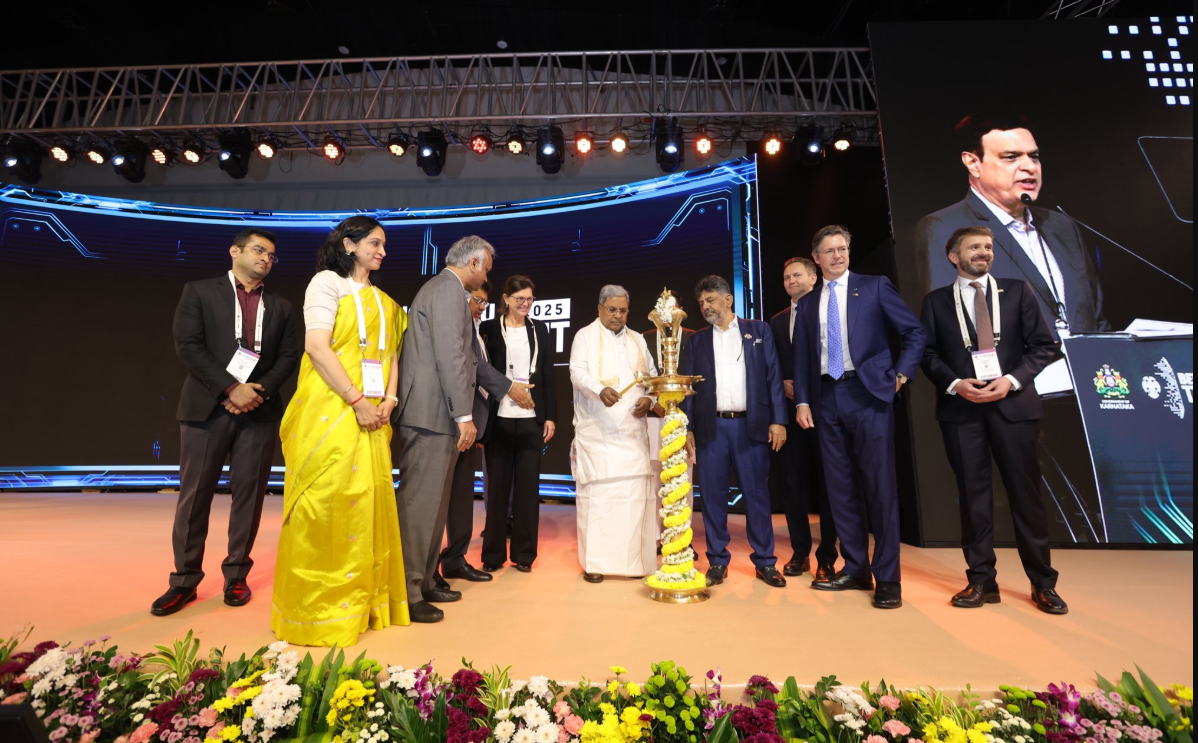
Bengaluru Tech Summit 2025 opened on Tuesday, 18 November, at the Bengaluru International Exhibition Centre, drawing delegates from nearly 60 countries and thousands of technology professionals for the three-day event.
Chief Minister Siddaramaiah and Deputy Chief Minister D.K. Shivakumar formally inaugurated the summit, which features more than 1,200 stalls across themes including AI, deep tech, semiconductors, digital health, defense, space technology, biotech, startups and early-stage innovation.
More than 10,000 technology experts and about 50,000 students are expected to attend, according to the organizers.
Ahead of the opening, the state’s Department of Information Technology and Biotechnology (IT-BT) and the Karnataka State Electronics Development Corp. (KEONICS), a state-run electronics and IT manufacturing agency, rolled out a new personal computer called KEO (short for Knowledge-driven, Economical and Open-source) built entirely in the state.
The compact device includes an on-device AI engine named BUDDH and is positioned as a low-cost computing option for households and schools.
KEO uses a RISC-V processor, an open-source chip architecture that allows manufacturers to build processors without licensing proprietary designs. The PC offers standard computing functions along with AI-based, syllabus-linked learning tools.
IT-BT Minister Priyank M. Kharge said the device responds to long-standing gaps in digital access across the state.
Kharge cited data showing that fewer than 15% of households in Karnataka own a computer, that 60% of students had trouble accessing online classes during critical periods, and that only 45% of schools have working computers.
“KEO is intended to provide a reliable, AI-enabled device for students and families who don’t have access to basic computing,” he said.
He added that building the device locally is part of the state’s push to deepen its home-grown technology base.


